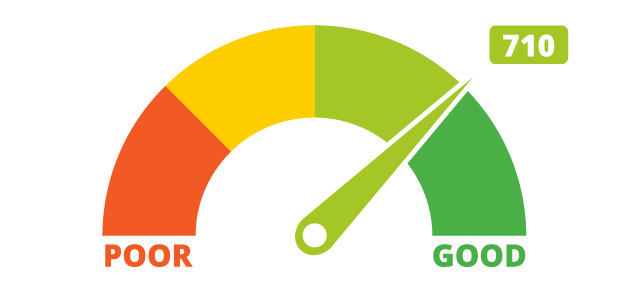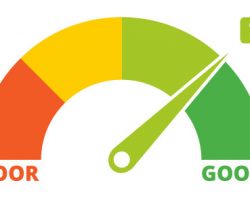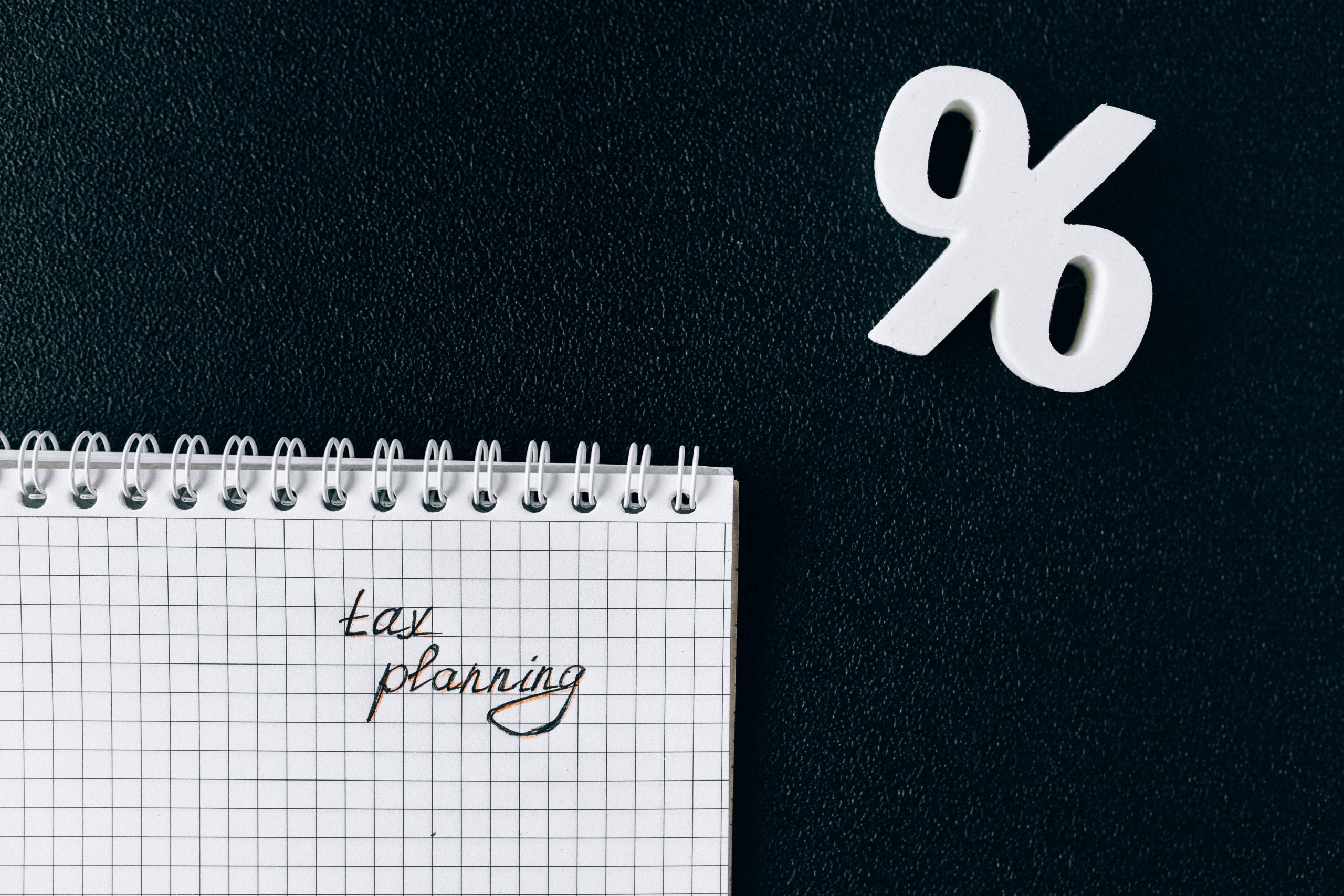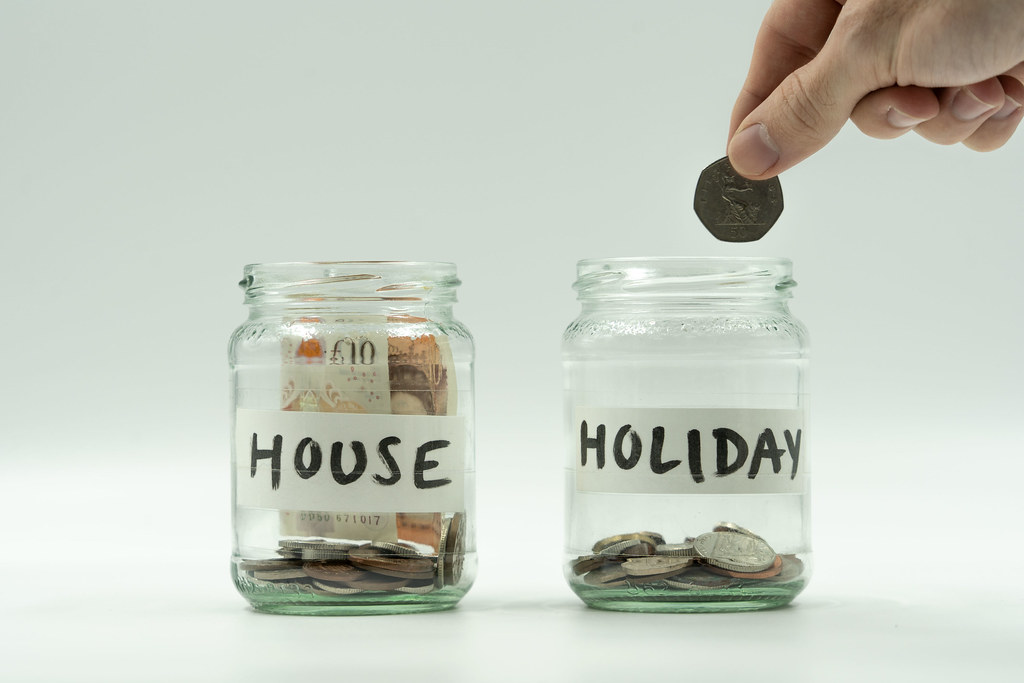Creditors generally review an applicant’s credit report before extending credit in order to determine their risk. Each time a creditor lends you money agrees to open an account or makes other similar types of financial decisions, they take on risk. For example, if you default on a credit card or a loan, the financing company absorbs that debt. Your credit report paints a clear picture about the potential risk that creditors face, and it specifically tells creditors these things about you.

Your Bill Payment Habits
A credit report shows your history of debt payments for the last seven years. Any payments that are more than 30 days late are listed on the credit report along with the dates that they were late. Through this information, a creditor may determine if you are financially responsible in the area of money management or if you have a tendency to let things slip through the cracks. Using auto bill pay for recurring payments may help you to improve in this area.
Your Bill Payment History
While a credit report may indicate lazy or irresponsible financial management, it may also indicate challenges related to paying debts. When a series of late payments on multiple accounts occur at the same time, it may indicate that you had a rough patch for a period of time. This is particularly true if your payment history is otherwise spotless except for that one specific time period. Funding an emergency savings account may help you to pay all bills on time even when you are dealing with unexpected expenses.
Your Ability to Manage Debt Effectively
Debt can be an excellent financial tool when it is used responsibly, but it is easy to take on more debt than you can handle. Very high debt balances on multiple accounts may indicate that you have been frivolous with spending and have not managed debt effectively. A debt consolidation loan may indicate that you have struggled with debt and are now managing debt more responsibly. If you have trouble using debt responsibly, consider seeking financial assistance and educating yourself about personal money management.
Your Reliance on Credit Cards
When multiple credit cards have very high balances or when a series of new accounts have recently been opened, a reliance on credit cards may be evident. This may be because you simply abuse credit cards because you use them excessively to pay for unexpected expenses or something else. A creditor may review your revolving debt balance to your installment debt balance to get a better idea about this.
Your Ability to Live Within Your Means
Some people who have very high debt balances and monthly payments may be unable to live within their means. For example, if you have a very high auto loan or mortgage payment and a series of late payments, this may indicate that you spend more money than your budget can support. This may also be evidenced through high credit card balances. Trimming recurring expenses may improve your finances in this area.
Liability Issues
Some derogatory items on credit reports are not related your credit history. For example, a civil matter that is settled with a judgment ruling may indicate a liability issue. Your credit report will indicate if the judgment has been paid or is still outstanding. All outstanding judgments should be paid promptly.
How You Deal with Severe Debt Issues
Credit reports also indicate bankruptcies, charge-offs and other related methods to handle severe debt issues. When the dates of these events are recent, it may indicate a significant risk to a creditor. Keep in mind that these issues may reveal financial irresponsibility or the fact that you were dealing with major life events. Speaking with a debt counselor may help you to find effective ways to manage debt.
As you can see, your credit report makes a bold statement about many aspects of your financial management efforts and your overall financial status. When you improve in each of these relevant areas, you can present yourself in a better image to creditors.






